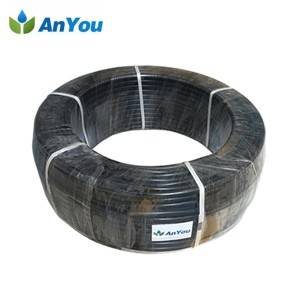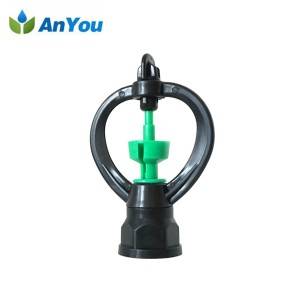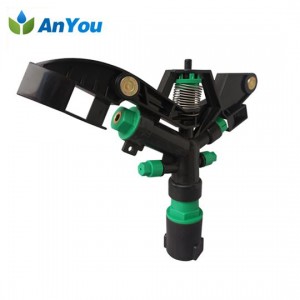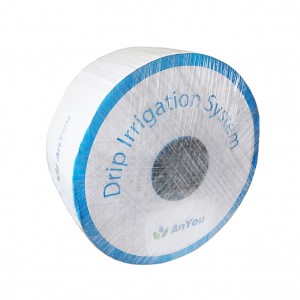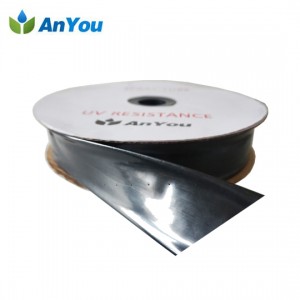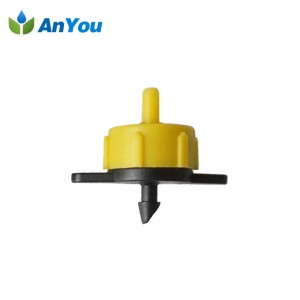Drip irrigation is a local irrigation technology that filters water with a certain pressure and drips it into the soil near the roots of plants evenly and slowly through the drip irrigation system and dripper. Drip irrigation has the following characteristics:
(1) Save water:
Drip irrigation is a local irrigation method. It can accurately irrigate according to the needs of crops. It uses pipelines to transport water, which is very water-saving. Generally, it saves 30%-50% of water compared with ground irrigation, and some crops can reach about 80%, which is more water-saving than sprinkler irrigation. 10%-20%.
(2) Irrigate evenly:
Drip irrigation can effectively control the water output of each dripper, and the irrigation uniformity is high, generally up to 80%-90%.
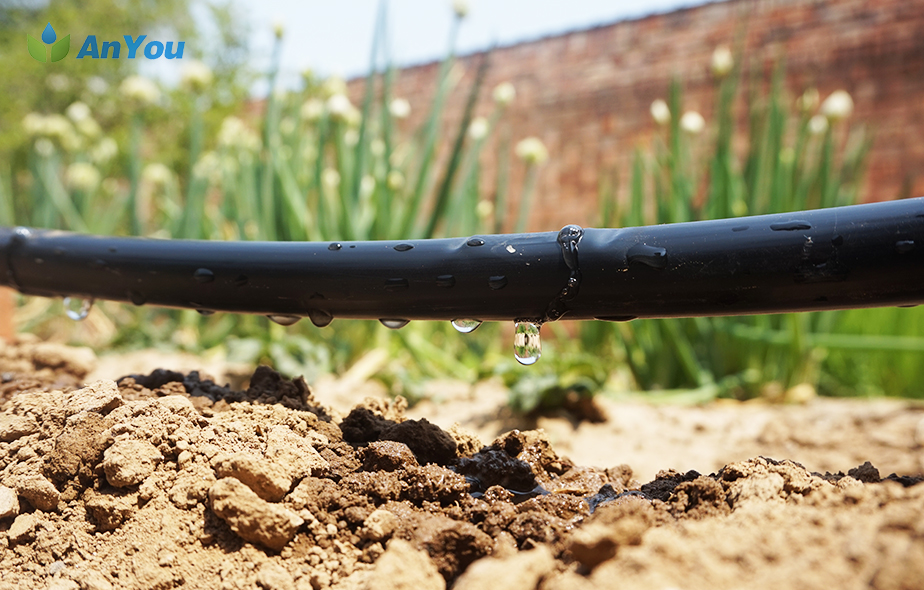
(3) Energy saving:
The working pressure of drip irrigation is much lower than that of sprinkler irrigation, which is energy-saving and has a high utilization rate of irrigation water, so the amount of water pumped is reduced, and the energy of pumping water is also reduced accordingly. This effect is more obvious in high-lift irrigation areas.
(4) Strong adaptability to soil and terrain:
Drip irrigation can adapt to almost any complex terrain, even trees planted on rocky beaches can also be drip-irrigated. The irrigation intensity of drip irrigation is low, which can adapt to the sticky soil with low human permeability, and because of the long irrigation time and frequent irrigation, it will not cause serious deep leakage even in sandy soil with high water permeability. Under certain conditions, drip irrigation can also be adapted to brackish water irrigation.
(5) Increase production:
Maintain stable soil moisture, increase crop yield, enhance salt tolerance, and drip irrigation can supply water and fertilization to the root zone of crops in a timely and appropriate amount without causing soil compaction, providing good water and nutrient conditions for crop growth, and improving product quality at the same time .
(6) labor saving:
Drip irrigation is convenient for automatic control and saves labor. Drip irrigation can also be used to fertilize and spray other pesticides, which saves fertilizer (medicine) and labor, which is very convenient.
(7) Convenient field operations:
Most of the ground in the drip irrigation field is dry, so it is convenient to enter the field for other agricultural operations while watering.
The main disadvantages of drip irrigation are high investment, easy clogging, and high water quality requirements. It is mainly suitable for irrigation of economic crops such as fruit trees, vegetables, flowers, greenhouses and areas where water is extremely scarce, high-lift pumping irrigation areas and areas with large terrain fluctuations. At the same time, it is suita.
Baoding Anyou Industry.,Ltd
008615233301525
Post time: 21-04-2023



